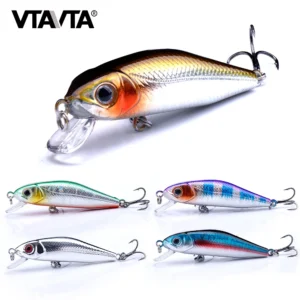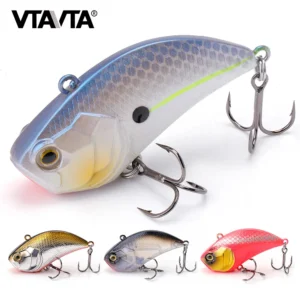The Vitamin D Connection: Why Fishing Outdoors Beats Vitamin Supplements
The Sunshine Vitamin You’re Missing Out On
Pop a pill or cast a line? When it comes to getting your daily dose of Vitamin D, the choice might be simpler than you think.
Millions of Americans turn to supplements to boost their Vitamin D levels, but what if the best source isn’t in a bottle—it’s at your local lake, river, or coastline? Fishing isn’t just a hobby; it’s a powerhouse of health benefits, starting with one of nature’s most essential nutrients.
In this deep dive, we’ll explore why reeling in fish under the sun beats swallowing capsules—and how anglers might just have the healthiest advantage.
1. The Vitamin D Crisis: Why Americans Are Deficient
Nearly 42% of U.S. adults are Vitamin D deficient, according to a National Health and Nutrition Examination Survey. The reasons?
Indoor lifestyles (office jobs, screen time)
Sunscreen overuse (blocking UVB rays)
Poor dietary sources (few foods naturally contain Vitamin D)
Doctors often recommend supplements, but studies show that natural sunlight produces a more bioavailable and longer-lasting form of Vitamin D (D3) than most pills (which sometimes contain less effective D2).
2. Sun vs. Supplements: The Science Behind Natural Vitamin D
Your skin is a Vitamin D factory—when exposed to UVB rays, it synthesizes D3 (cholecalciferol), the active form your body prefers.
Supplements have drawbacks:
Absorption issues (fat-soluble, so taken with food matters)
Inconsistent dosing (some brands under-deliver)
No additional benefits (unlike sunshine, which improves mood and circadian rhythm)
Fishing, on the other hand, combines sunlight exposure with low-impact exercise and relaxation—making it a triple threat for health.
3. Fishing: The Ultimate Vitamin D Booster
How Much Sun Do You Really Need?
Fair skin: 10–15 minutes, 3x/week
Darker skin: 30+ minutes (melanin slows Vitamin D production)
Best hours: 10 AM–3 PM (when UVB rays are strongest)
Best Times to Fish for Maximum Vitamin D Absorption
Early morning and late afternoon are great for catching fish—but for Vitamin D, midday fishing (with proper sun protection) is ideal.
Pro Tip: Roll up your sleeves and wear shorts to expose more skin (without burning).
4. Beyond Vitamin D: Other Health Benefits of Fishing
Stress Relief & Mental Health
Studies show that being near water reduces cortisol (stress hormone) levels. The rhythmic casting and reeling act like meditation.
Physical Exercise (Without the Gym)
Walking to spots = cardio
Casting & reeling = upper body workout
Wading/kayak fishing = core engagement
Fresh, Nutrient-Rich Food
Wild-caught fish like salmon and trout are packed with Omega-3s, protein, and (you guessed it) Vitamin D!
5. Optimizing Your Fishing Trips for Health
Sun Safety Without Sacrificing Vitamin D
Wear a hat & sunglasses (protect face/eyes)
Use sunscreen after 15–30 minutes (let skin absorb UVB first)
Stay hydrated (sun + activity = dehydration risk)
Must-Have Gear for a Healthy Fishing Trip
Polarized sunglasses (reduce glare, protect eyes)
UPF-rated clothing (sun protection without lotion)
Insulated water bottle (hydration is key)
6. What the Experts Say: Doctors & Anglers Weigh In
Dr. Sarah Mitchell, MD (Nutrition Specialist):
“I recommend outdoor activities like fishing over supplements whenever possible. The body regulates natural Vitamin D production better than synthetic intake.”
Jake Robertson, Pro Angler:
“I’ve never needed a Vitamin D test—I’m outside 200 days a year. The energy boost from a good fishing day beats any pill.”
7. FAQs: Vitamin D & Fishing
Q: Can you get enough Vitamin D from fish alone?
A: Fatty fish (salmon, mackerel) help, but sunlight is the most efficient source.
Q: What if I burn easily?
A: Short, frequent exposures (10–15 min) before applying sunscreen work best.
Q: Does cloudy weather affect Vitamin D?
A: UVB rays penetrate clouds, but production is slower. Fish longer!
Final Cast: Reel In Health Along With Fish
The next time you consider a Vitamin D supplement, ask yourself: Could I just go fishing instead? The answer is likely yes. With benefits ranging from stronger bones to lower stress, fishing is more than a pastime—it’s a wellness hack disguised as a hobby.
So grab your rod, soak up the sun, and let nature do the rest.


